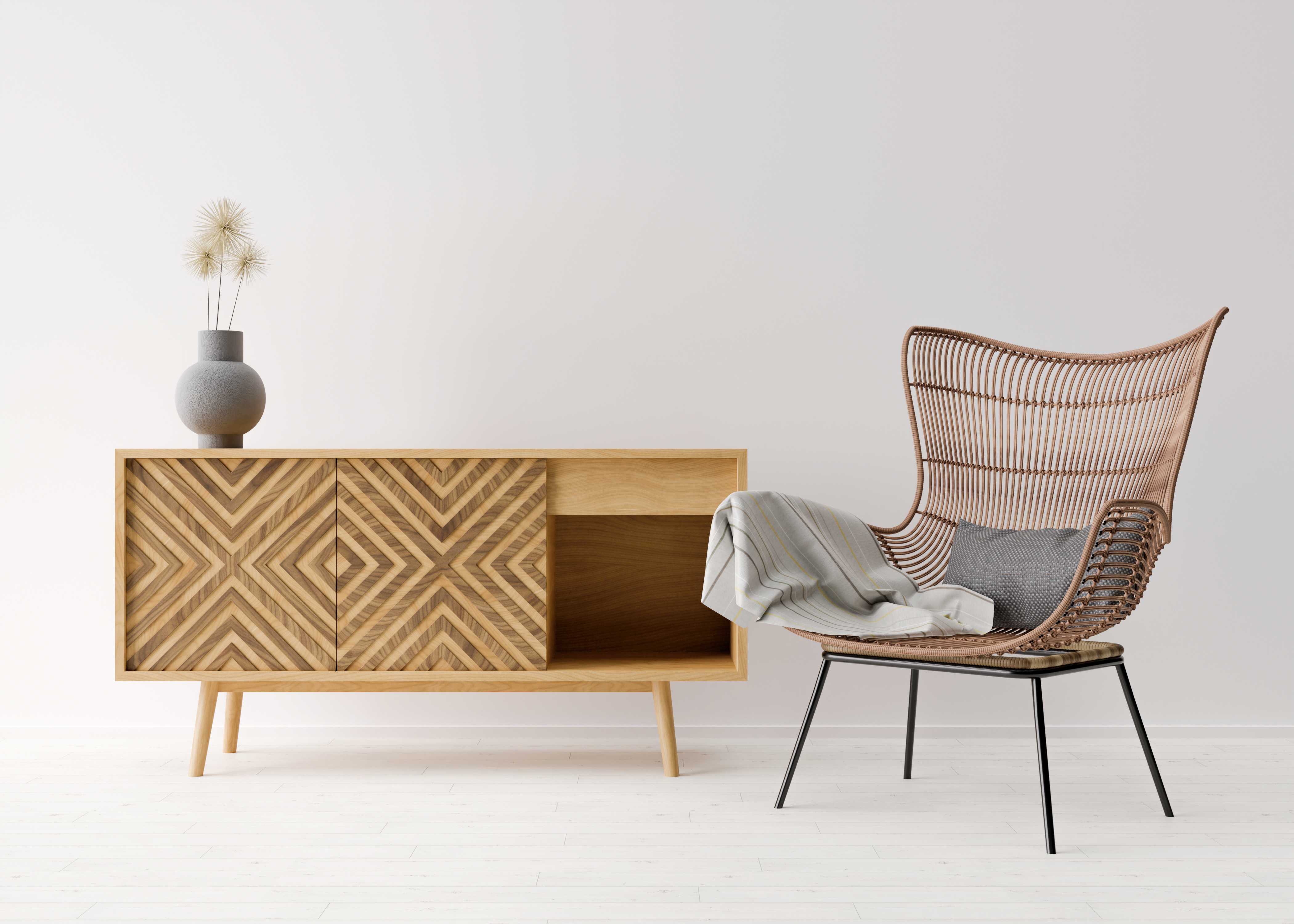

As we navigate through the ever-changing landscape of interior design, the concept of transformative style stands as a beacon of adaptability and innovation. The furniture we choose for our homes and offices is no longer just about static beauty or comfort; it's about versatility and enduring appeal. Transformative style embraces furniture pieces that can evolve with our lives, reflecting both our personal growth and the shifts in functional needs.
Timeless mebel—or furniture, for those familiar with the Polish term—epitomizes the intersection of aesthetics and longevity. When selecting pieces that will stand the test of time, designers and homeowners alike consider not only the current trends but also the potential for a piece to maintain its relevance and utility in the future. This foresight ensures that our investments are wise, both economically and environmentally, reducing the need for frequent replacements and waste.
The materials used to craft our furniture play a pivotal role in achieving both transformative style and timelessness. Natural woods, metals, and stones have always been at the core of durable mebel design. Not only do they age gracefully, gaining character with each passing year, but these materials also offer a level of flexibility in their application. They can be refinished, repurposed, or even reconfigured to adapt to new design trends or functional requirements.
As urban living spaces become more compact, the need for multifunctional and space-saving furniture increases. Transformative style responds to this by integrating smart designs that serve multiple purposes or can be easily altered to fit different spaces. Think of extendable dining tables, modular sofas, or convertible beds that can morph from a cozy lounge to a guest-friendly sleep haven. This approach not only provides practical solutions for space constraints but also caters to the evolving nature of modern life.
The trend towards sustainable living has significantly influenced the notion of timeless mebel. Designers and consumers are becoming more conscious of the environmental footprint of their furniture choices. By favoring materials that are sustainably sourced and produced, and by supporting brands that practice ethical manufacturing processes, we can ensure that our transformative style choices are also contributing to a healthier planet.
Customization is key in achieving a transformative style that resonates on a personal level. Tailoring pieces to our unique tastes and needs allows for a deeper connection with our furniture, which in turn encourages its longevity. Equally important is the appreciation for craftsmanship. Handmade or artisan-created pieces carry a story and a quality that is often lacking in mass-produced items. These mebel pieces not only anchor our spaces with character and narrative but are likely to become heirlooms passed down through generations.
The transformative style is more than just a passing trend; it's a reflection of our growing awareness of the need for sustainable, adaptable, and personal interior design choices. Timeless mebel fits seamlessly into this paradigm, offering an antidote to the throwaway culture that has dominated for too long. By carefully selecting pieces that can evolve along with us, we create living and working environments that are not only practical and beautiful today but that promise to remain so for many years to come.